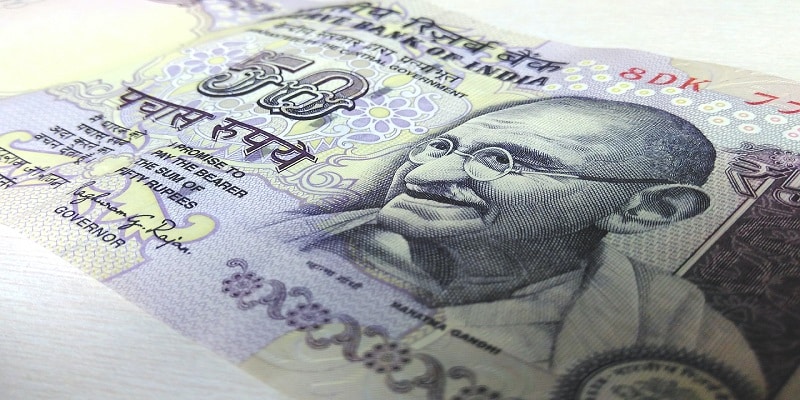
In today’s India gambling gossip, catch up on news of a ‘India iGaming Regulatory Authority’ coming soon. What will a new framework need? Find out here! (Photo by Sohel Patel on pexels.com)
India is creeping closer to an online gambling regulatory framework. A draft is already in place jammed full of suggestions to make a licensing authority reality.
It addresses multiple issues in the online gambling industry, and suggests that the country is in urgent need of a framework to regulate the industry countrywide by unifying all states.
Currently, online gaming is governed at the state level. However, the individual gambling industries are almost all under criticism for the lack of safeguards for players, especially children. This is a result of inconsistent state laws and a lack of a unified regulatory framework.
Some states ban gambling, others have a different idea about which games require skill or are purely based on chance as well as many other irregularities. Unified regulations will bring the entire country under one consistent framework, while tweaks at the local level could then be made subject to agreement.
For the time being, the IT Ministry has been conducting meetings with stakeholders to develop a comprehensive set of policies for online gaming in the country. However, there is no clear timeline for the finalisation of the report. However, suggestions from the current draft have been floated publicly, and you will find the most industry critical points outlined below.
At this point, we do know that the report suggests the new online gambling framework would allow local gambling tech companies, as well as overseas companies operating online casinos accepting players in India.
India iGaming Regulatory Authority Draft Suggestions
Lawmakers and other organisations with a say in the matter feel there is an urgent need for a unified law to govern online gambling. It is important to establish a legal framework and for the creation of a self-regulatory framework to represent certain classes of operators.
This can be applied to both Indian and foreign iGaming and sports betting companies. The new law would apply to games of skill, esports, games of chance, and casual games. It would also address the issue of foreign gaming companies targeting Indian consumers. Currently these establishments operate under Malta Gaming Authority (MGA) licence or Curacao licences. The latter regulates online gambling sites that also want offer cryptocurreny. Most of these online casinos accepting players in India under both of these frameworks are currently listed on our reputable online casinos page. Should a new online gambling regulatory authority be introduced in India, all companies offering real money casino games and sports betting would need to register and operate under the new rules.
The draft recommends that the IT Ministry act as the central ministry for online gambling and establish a regulatory body to certify different gaming formats. It would also provide for a three-tier dispute resolution mechanism. This includes a gaming platform oversight committee under the applicable Ministry, an independent regulator to determine whether games are games of skill or chance, and self-regulatory organisations (SROs) to deal with disputes.
SROs would be given wide-ranging powers to evaluate gaming platforms, determine game formats, and levy statutory fines on behalf of the state government.
Draft Recommendations
- Urgent need for unified online gambling laws
- Framework to cover Indian & overseas casinos
- IT Ministry suggested as the regulator
- Introduction of three-tier dispute resolution service
- Framework to have wide-ranging powers to evaluate gambling platforms
Code of Ethics & Blocking Unlicenced Gambling Sites
The draft and panel recommended that the government organisation responsible for online gambling regulations should have the power to force ISPs in India to block unregistered gaming portals. There were also several financial, integrity and punitive action suggestions.
Online gaming companies must report suspicious transactions. They should also follow the rules set out in India’s know-your-customer (KYC) norms – something already in place in eComm and on gaming sites. Furthermore, registered operators must ensure all their brands adhere to the rules laid down in the Advertising Standard Council of India’s Guidelines, in particular those related to online gaming. To of the draft, regulators should have the power to levy penalties on gaming companies for a variety of offences, including illegal gaming.
It would also be necessary for gaming companies to adhere to rules of fair play For casinos this usually means correct security measures in place, privacy policies, and secure encryption. For software providers, the norm is to request a third-party test of software and random number generators.
Code of Ethics Recap
- DNS blocks on unregistered online gambling portals
- Strict know-your-customer (KYC) to be introduced
- Follow Advertising Standard Council standards
- Framework to issue fines, suspensions & bans
- Casino gaming fair play measures to be put in place
Responsible Gambling & Financial Checks
The new India iGaming regulatory authority should make it possible to impose an upper cap on user transactions. This cap can be as low as a month or as high as a year. Another important rule to add is one that ensures gaming companies comply with the Foreign Exchange Management Act (FEMA) to avoid facilitating terrorism. The draft report also recommends that online gaming companies should have to follow a “Code of Ethics” and strict obligations to comply with India’s know-your-customer norms.
Looking for more information? If you would like to find out more about the current draft for an online gambling regulatory framework, read more on from the Hindustantimes.com news report.




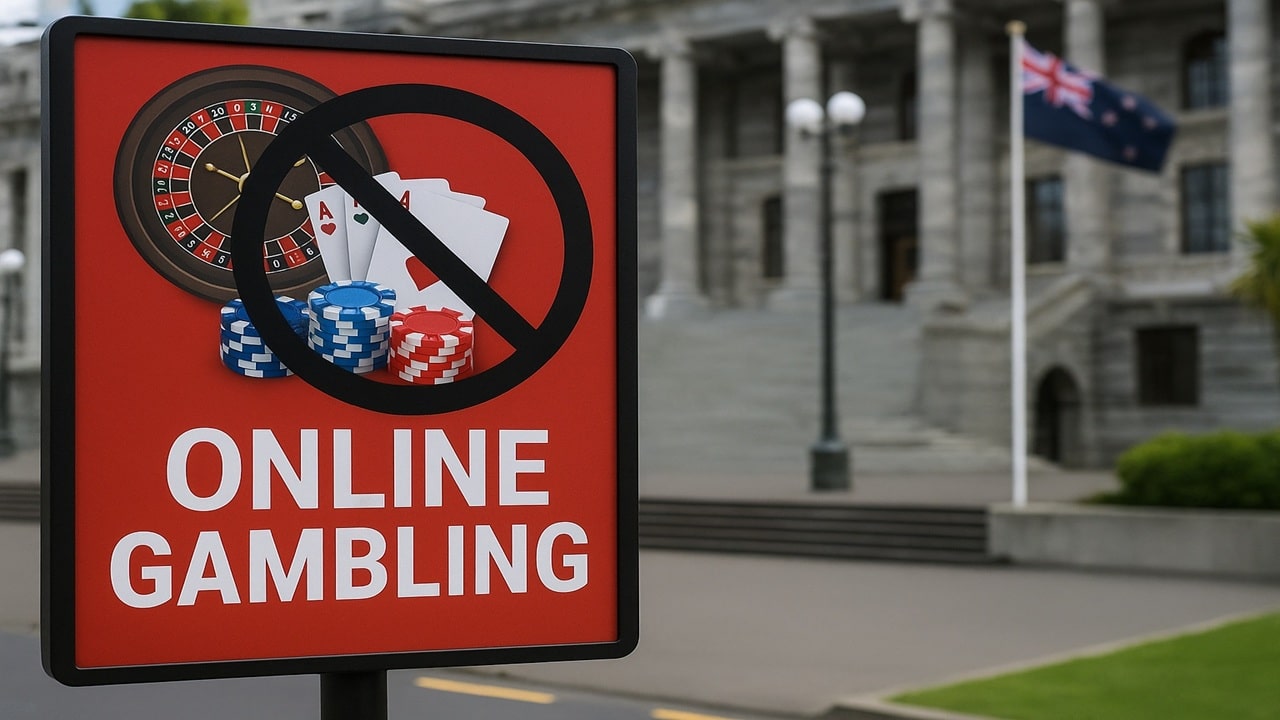


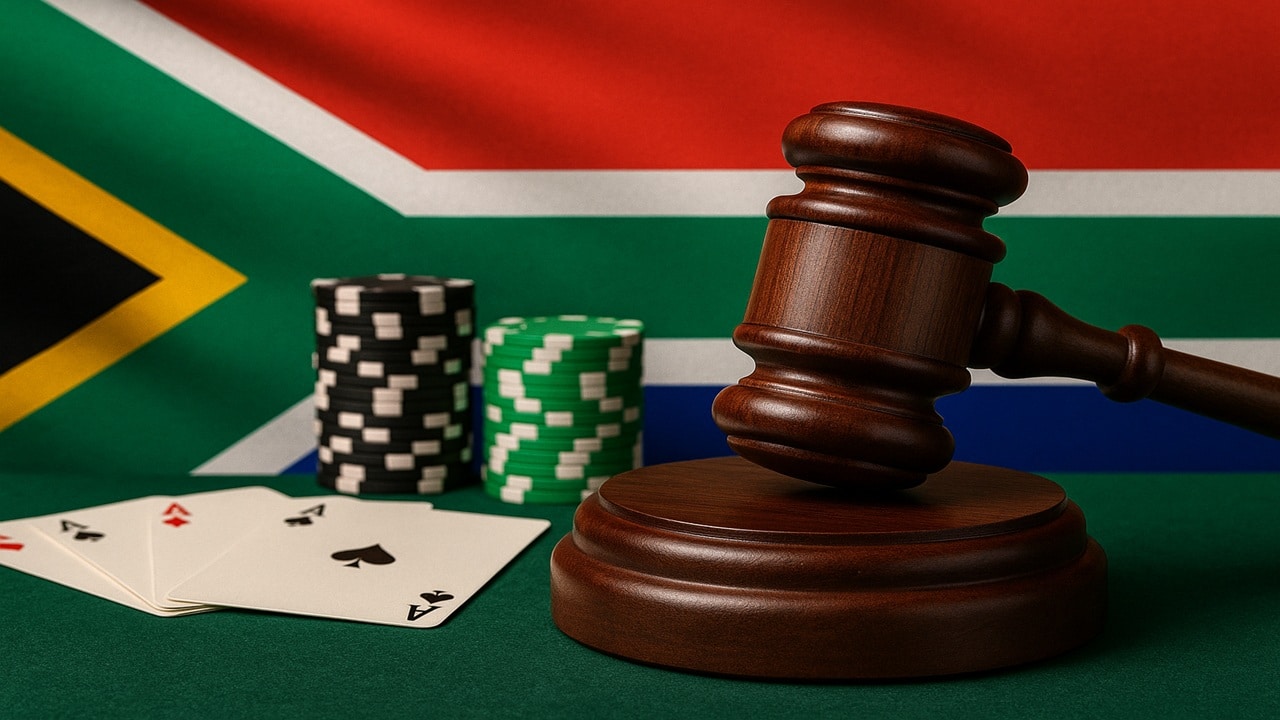

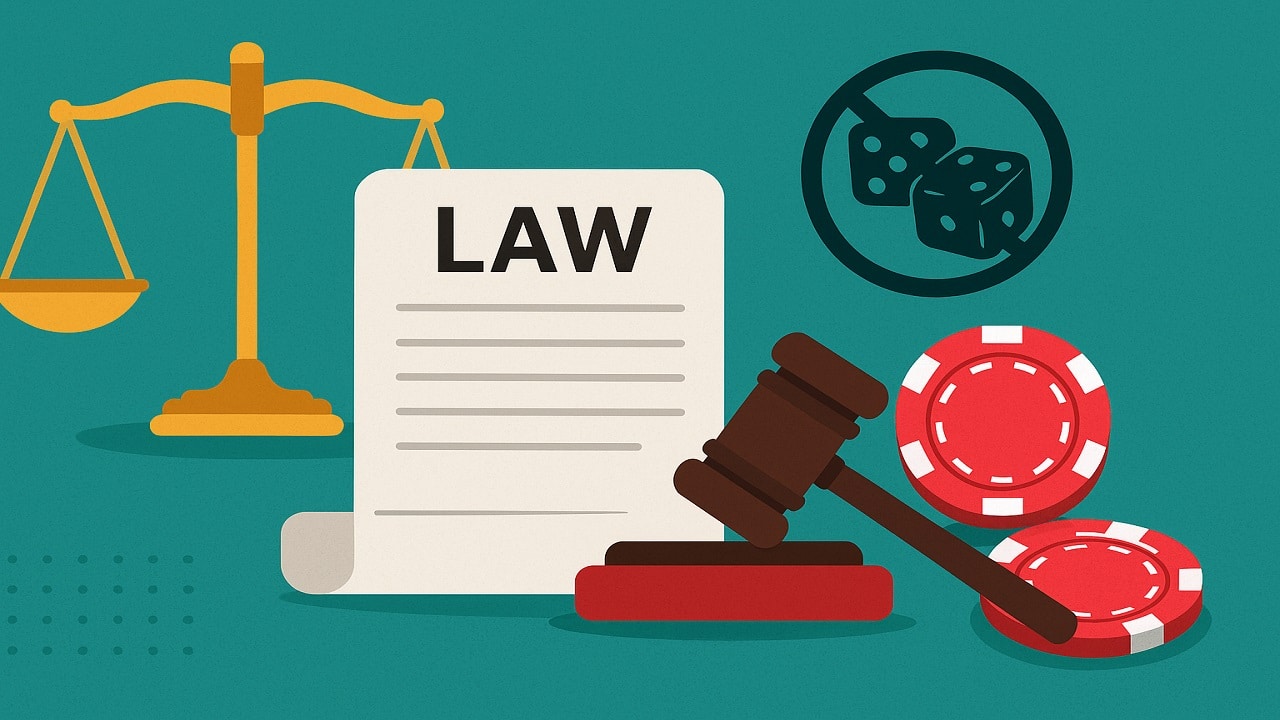

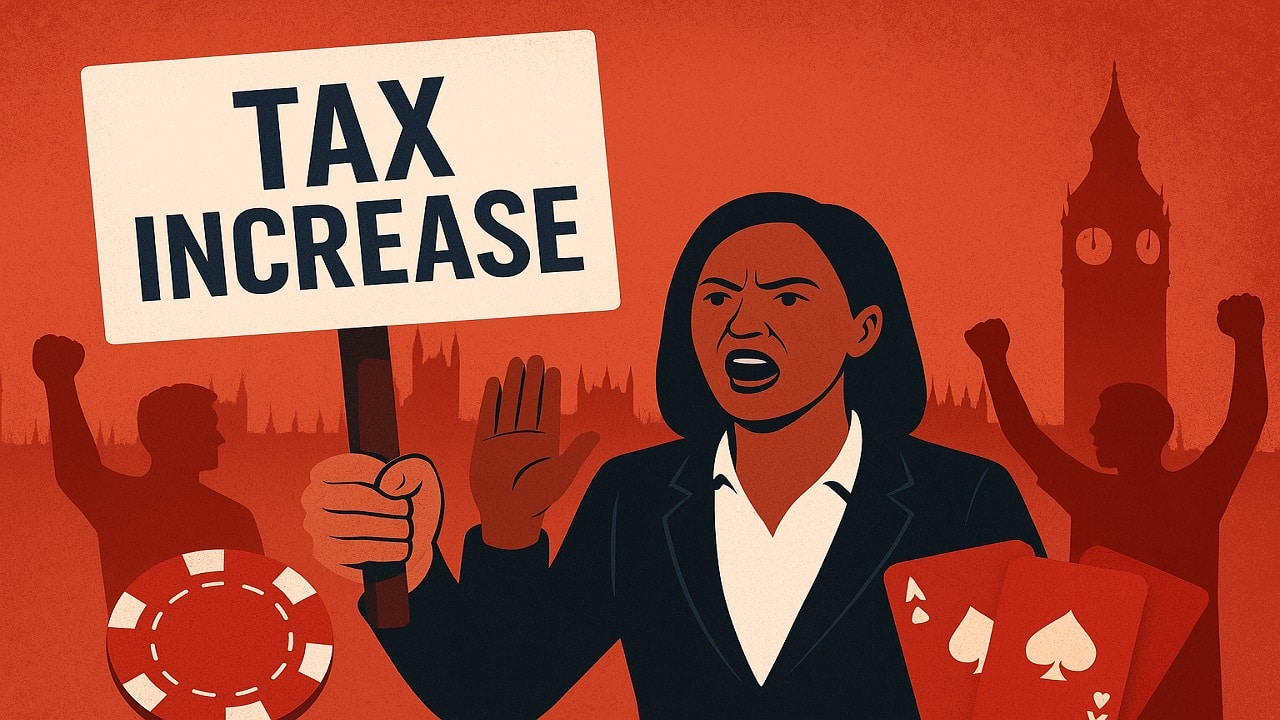
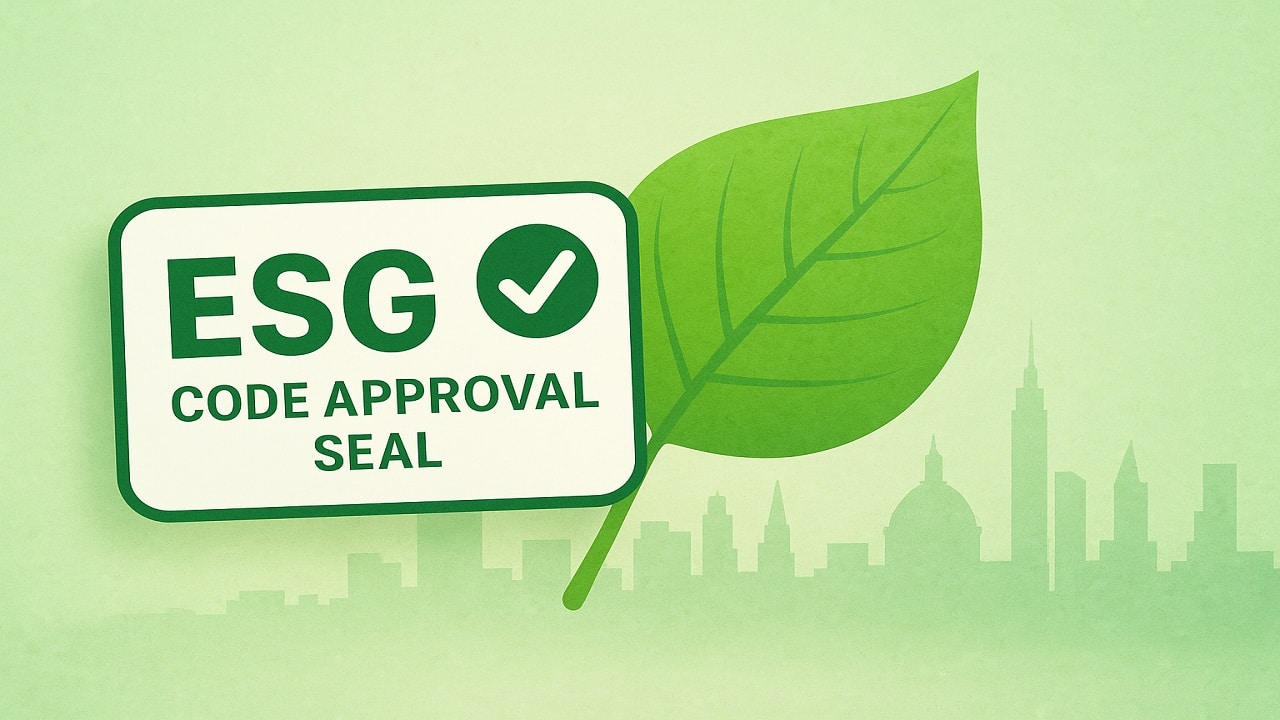



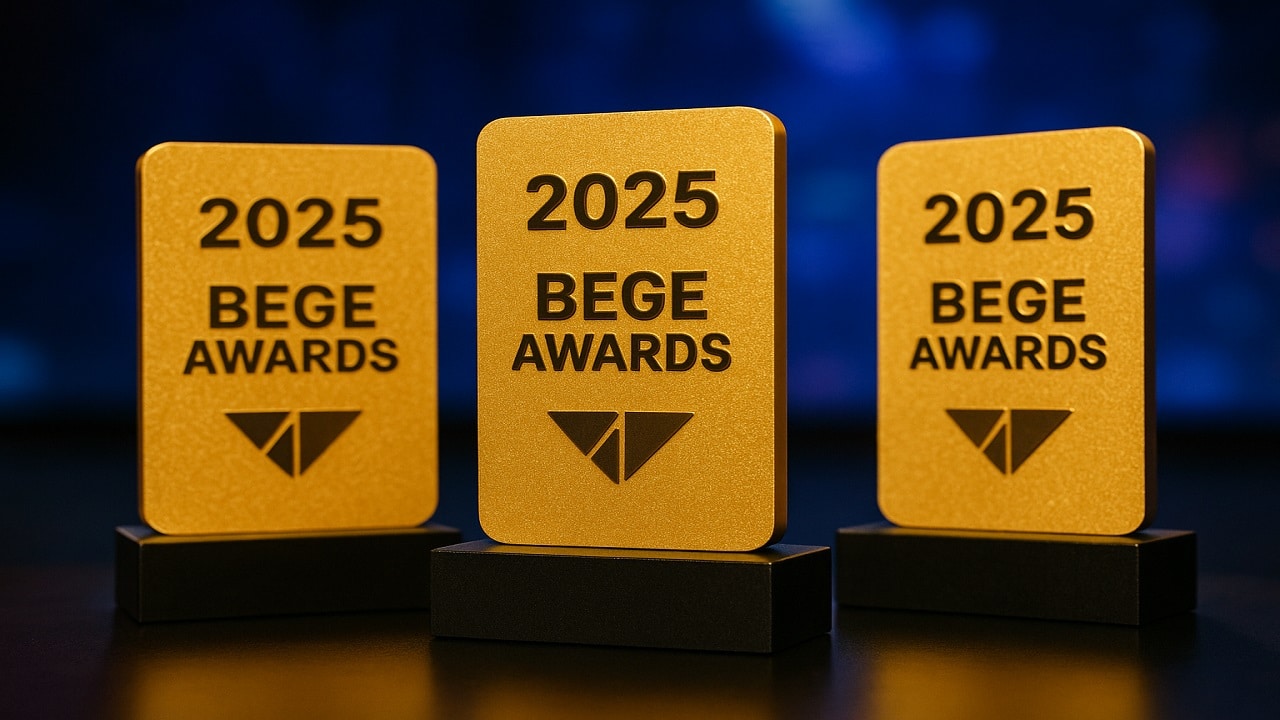

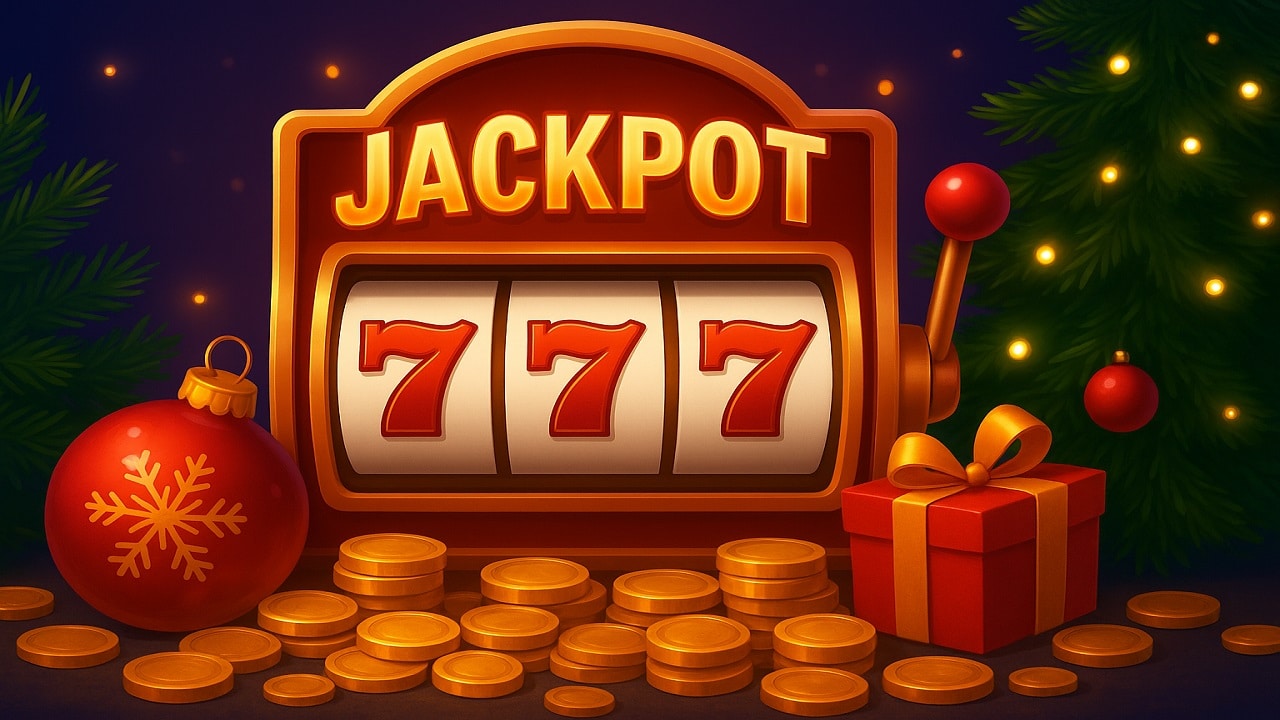


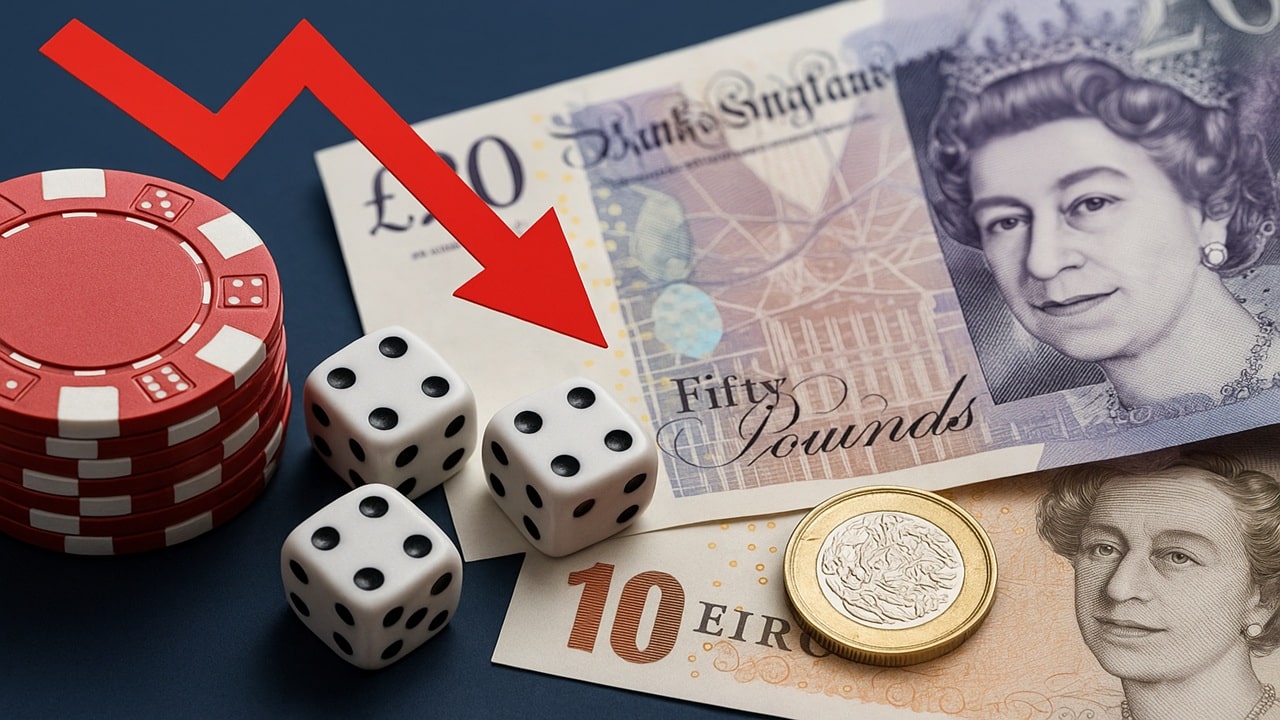

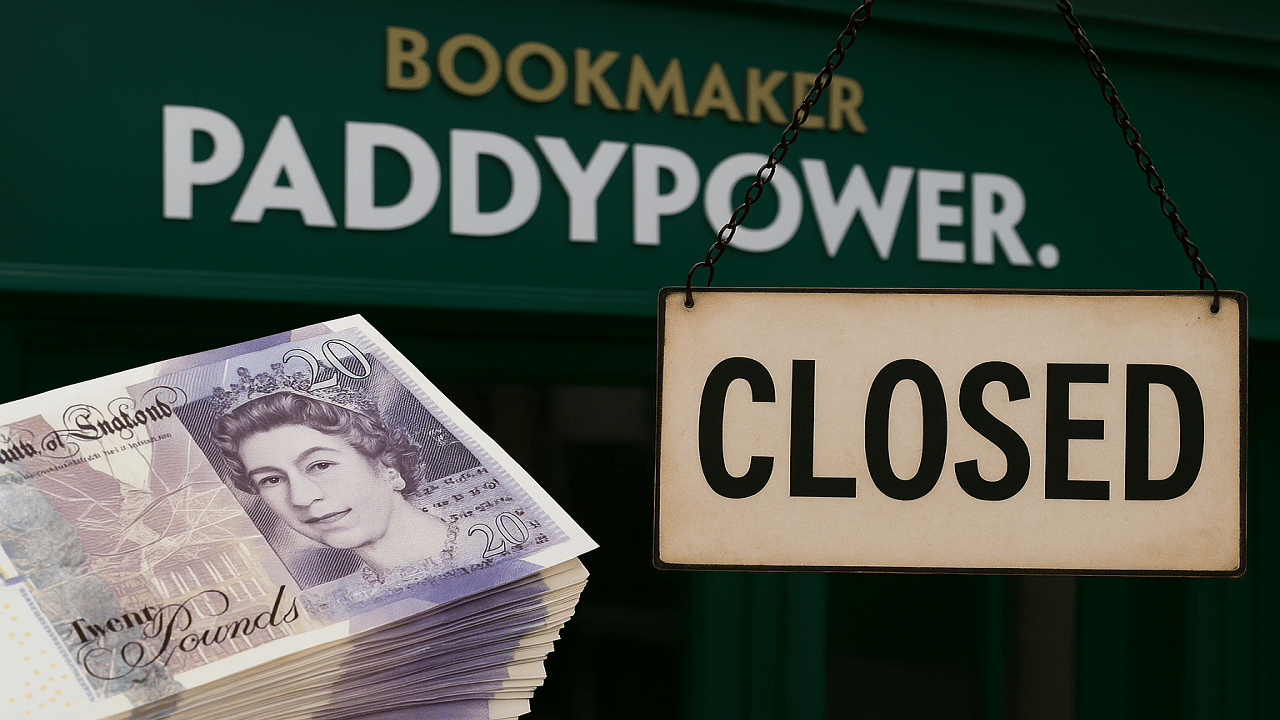
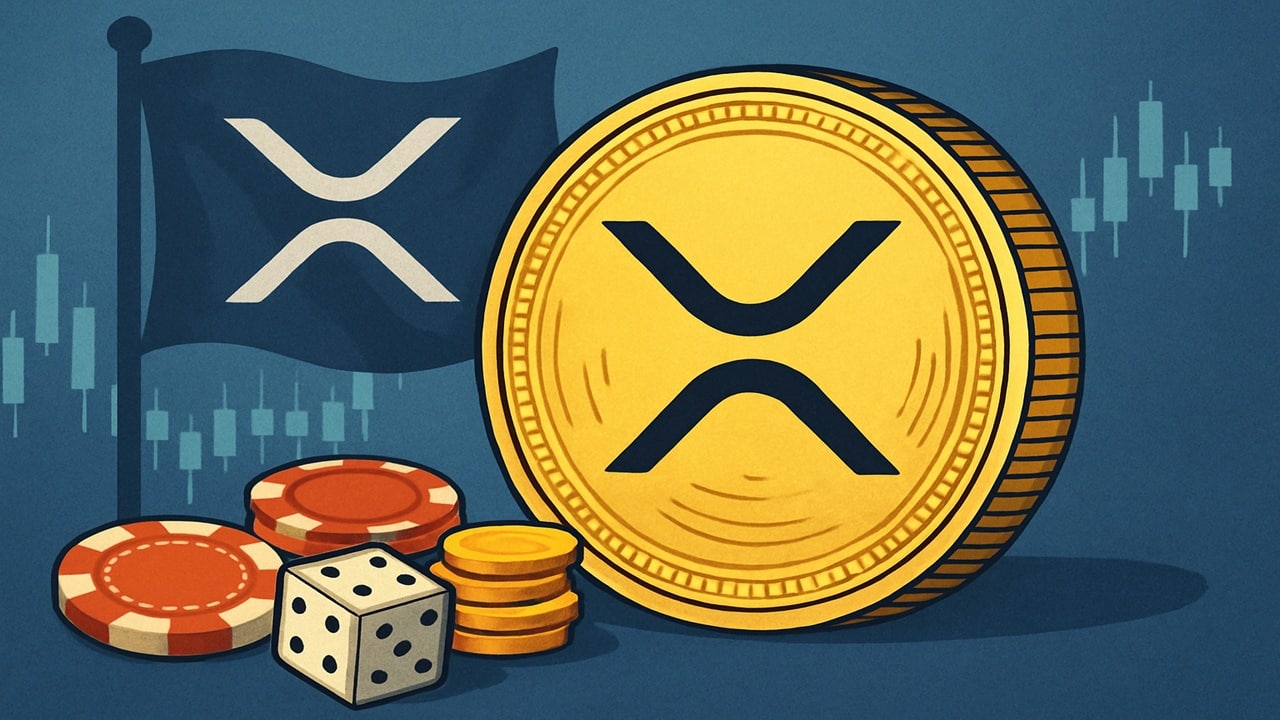





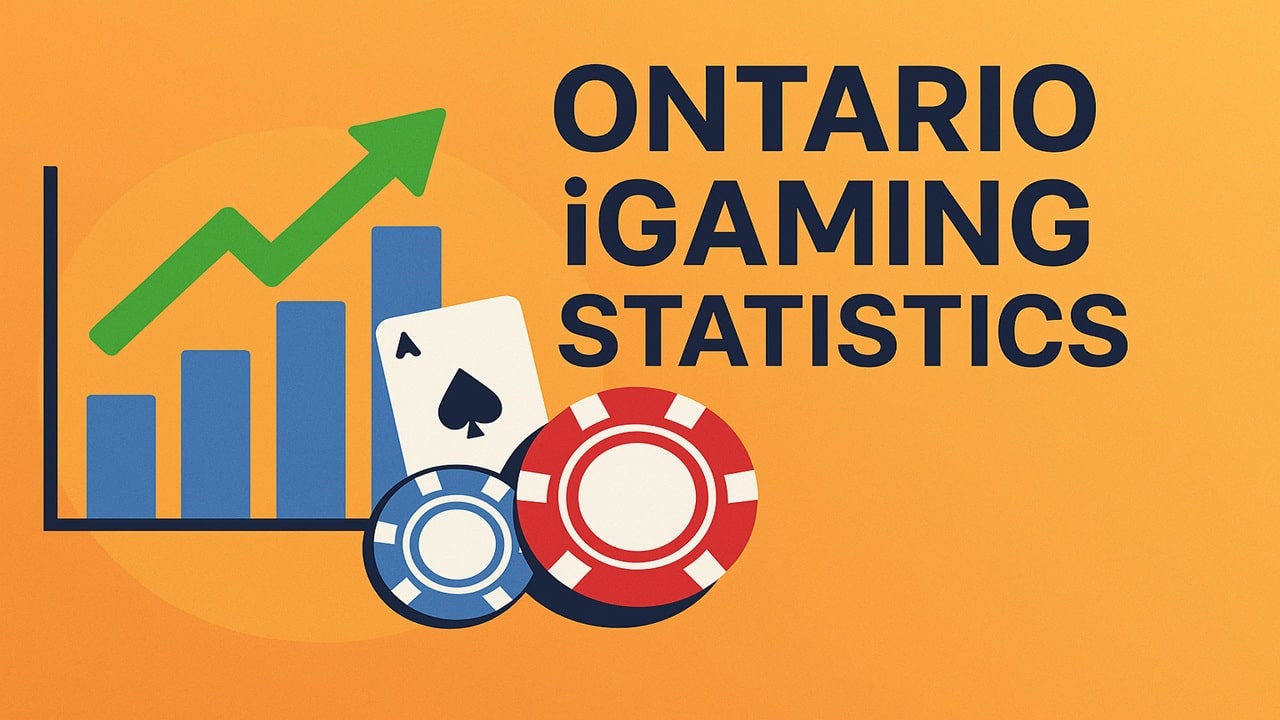
Leave A Comment